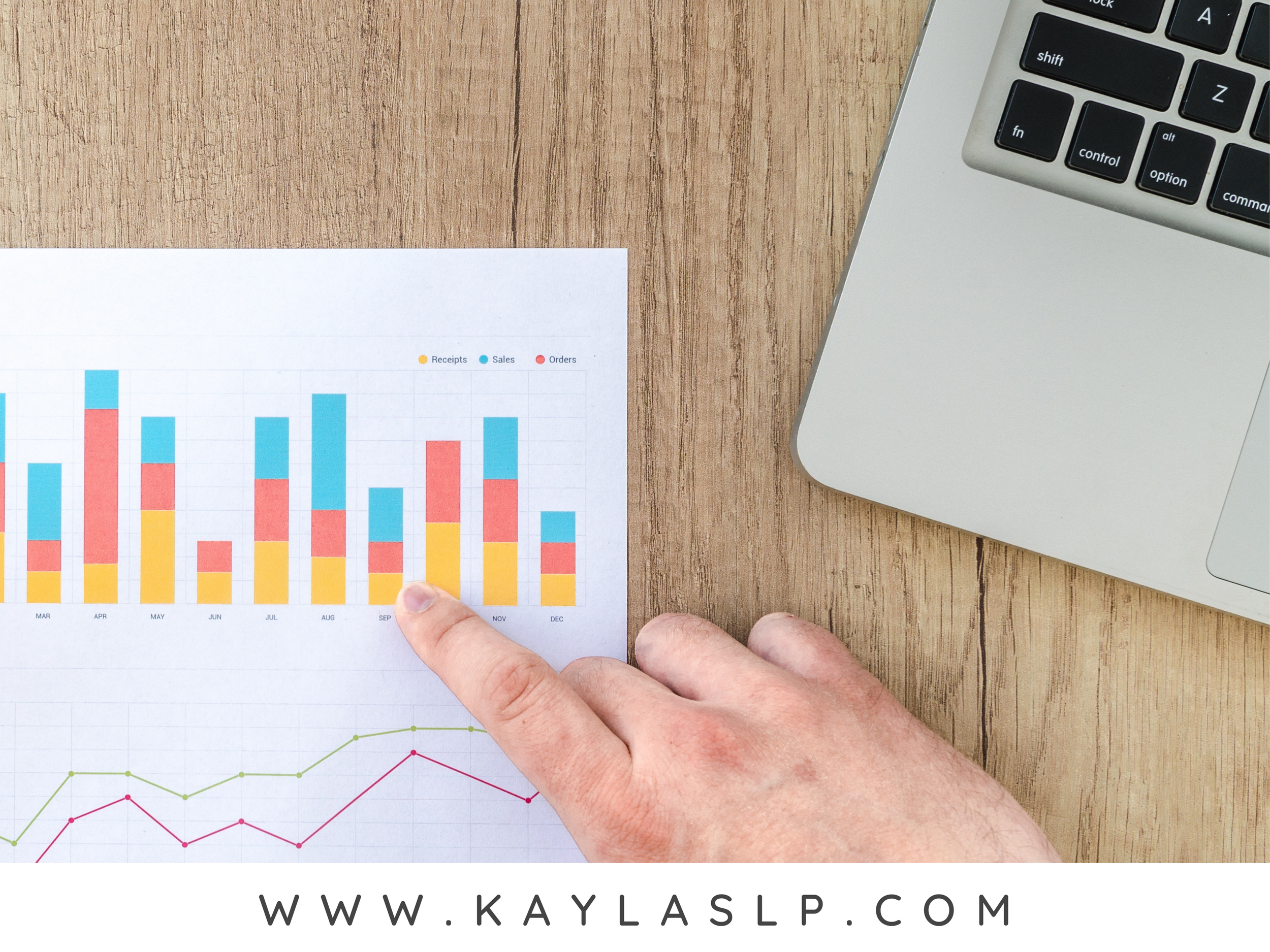5 Steps to Writing Better IEP Goals
Writing IEP goals can be challenging, but with a few "make sure" tips, you can create better goals. Include the ABCDEFs (Audience, Behavior, Condition, Degree, Evidence, Frequency) to cover all aspects. Know how to measure the goal clearly and simplify as much as possible. Keep goals specific, targeting specific skills instead of combining multiple skills. Be realistic in your expectations and aim for progress. Lastly, have a peer proofread your goals to catch any mistakes or clarity issues. Writing better goals will lead to more effective therapy and better outcomes for your students.
SLP Snow Days: Getting Through Without Getting Behind
Preparing for a snow day? Make phone calls to reschedule meetings, use a 7-day waiver form to pull meetings forward, and consider scheduling meetings in advance. On a snow day, relax and enjoy the perks. As for makeup sessions, ASHA states they're not necessary, but check with your district. Non-traditional instruction days may require sending activities home, like speech/language calendars or book assignments. Most importantly, stay informed about your district's guidelines.
Why Should SLPs Use Therapy Plans? + Resources!
SLPs are not teachers, but they can write lesson plans tailored to their students' goals. Lesson plans ensure that each student's goals are addressed and prevent last-minute scrambling. Lesson plans can be simple memos or detailed themes. Taking a few minutes to plan student-centered lessons leads to productive sessions and avoids wasted time. Planning allows for preparedness and ensures that no goals are overlooked. Examining student information and creating short lesson plans guide therapy and keep everyone on track.
SLPs and Data Collection
Data collection can be a challenge, but I've found a few methods that work well for me. Speech folders with individual data sheets keep goals organized and easily accessible. I've also used data tracking apps like Super Duper Data Tracker Pro, but the distracting sounds led me back to good old pencil and paper. I created an editable PowerPoint document that allows me to copy and paste student goals, eliminating repetitive writing. This system saves time and keeps everything organized for progress reports.
What to Expect When You're A First Year School SLP
The first year as an SLP can be challenging, with requirements like completing a clinical fellowship year (CFY) and potentially a teacher internship program. Observation and evaluation will be frequent, but use them as opportunities for growth. Building up your supplies and organizing your therapy space is crucial. Providing therapy is the rewarding part, where you'll create schedules, collaborate, evaluate, and be loved by the students. It may feel overwhelming, but remember that it gets easier after the first year.






